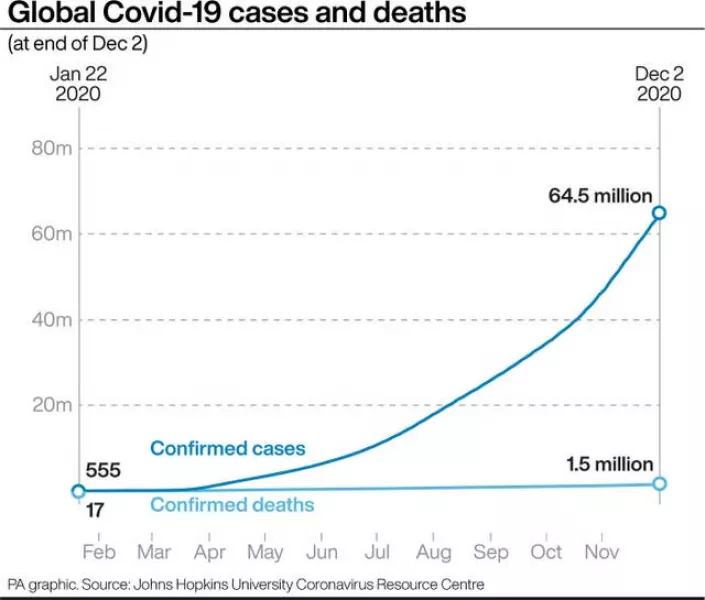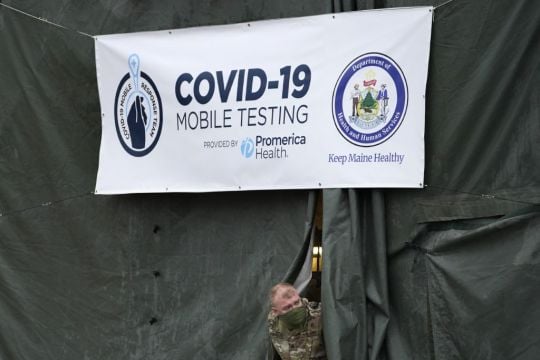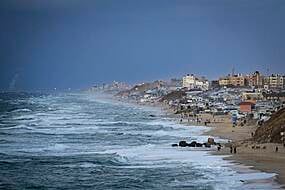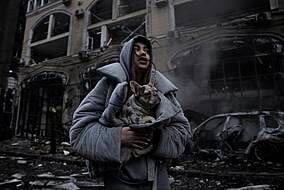The US recorded over 3,100 Covid-19 deaths in a single day, obliterating the record set last spring, while the number of Americans in hospital with the virus has eclipsed 100,000 for the first time and new cases are topping 200,000 a day, according to figures released on Thursday.
The three benchmarks altogether showed a country slipping deeper into crisis, with perhaps the worst yet to come, in part because of the delayed effects from Thanksgiving, when millions of Americans disregarded warnings to stay home and celebrate only with members of their household.
Across the US, the surge has swamped hospitals and left nurses and other health care workers shorthanded and burned out.
“The reality is December and January and February are going to be rough times.
“I actually believe they are going to be the most difficult time in the public health history of this nation,” Dr Robert Redfield, head of the Centres for Disease Control and Prevention, said on Wednesday.

Health authorities had warned that the numbers could fluctuate strongly before and after Thanksgiving, as they often do around holidays and weekends, when because of reporting delays, figures often drop, then rise sharply a few days later as state and local agencies catch up with the backlog.
Still, deaths, hospital admissions and cases in the US have been on a fairly steady rise for weeks, sometimes breaking records for days on end.
Nationwide the coronavirus is blamed for over 270,000 deaths and about 14 million confirmed infections.

The US recorded 3,157 deaths on Wednesday, according to the tally kept by Johns Hopkins University.
That is more than the number of people killed on 9/11, and it shattered the old mark of 2,603, set on April 15, when the New York metropolitan area was the epicentre of the US outbreak.
The number of people in hospital likewise set an all-time high on Wednesday, according to the Covid Tracking Project.
It has more than doubled over the past month.
Also, the number of newly confirmed infections climbed just over 200,000 on Wednesday for the second time in less than a week, by Johns Hopkins’ count.







